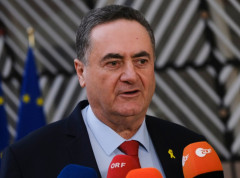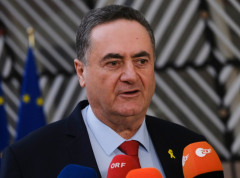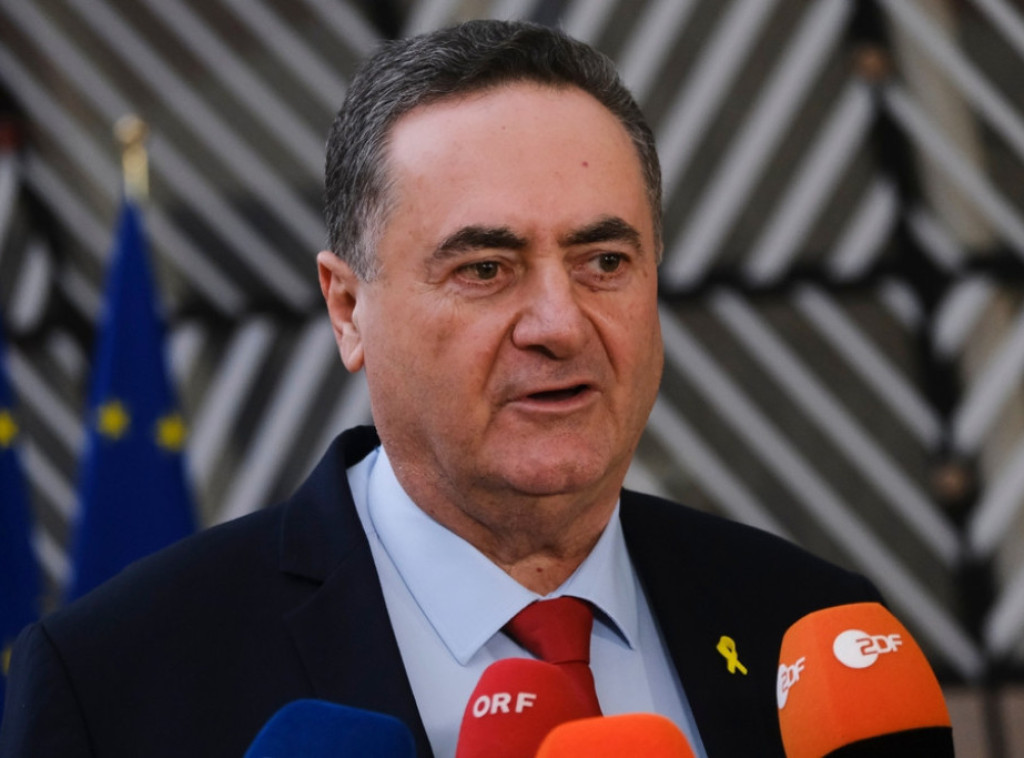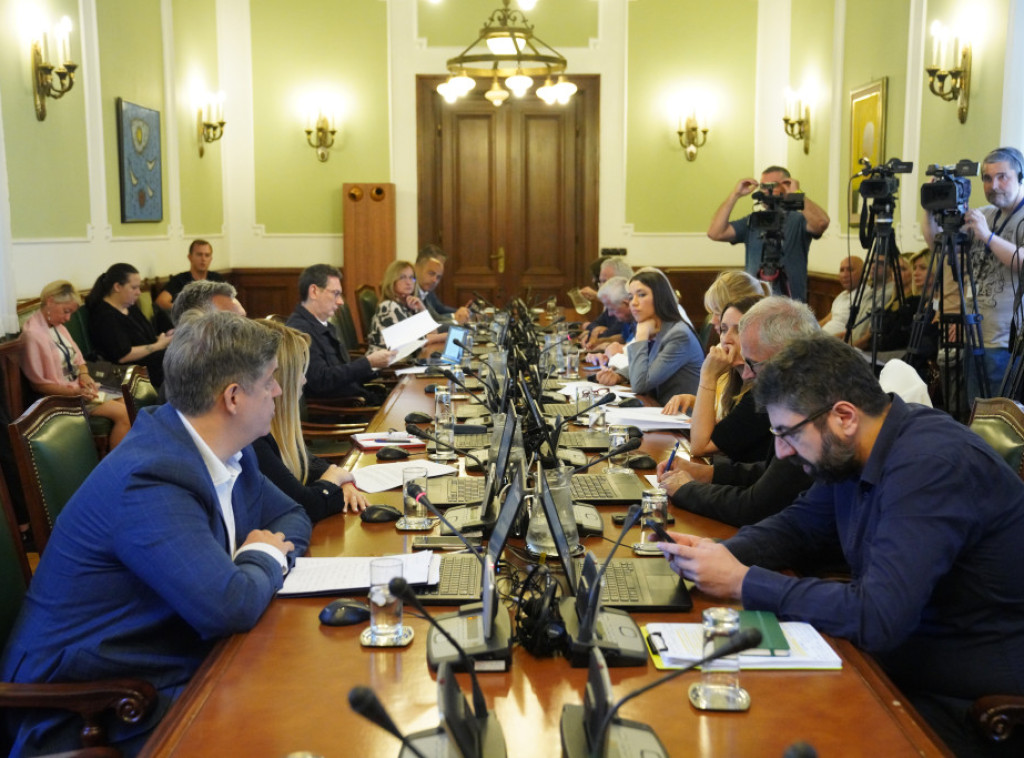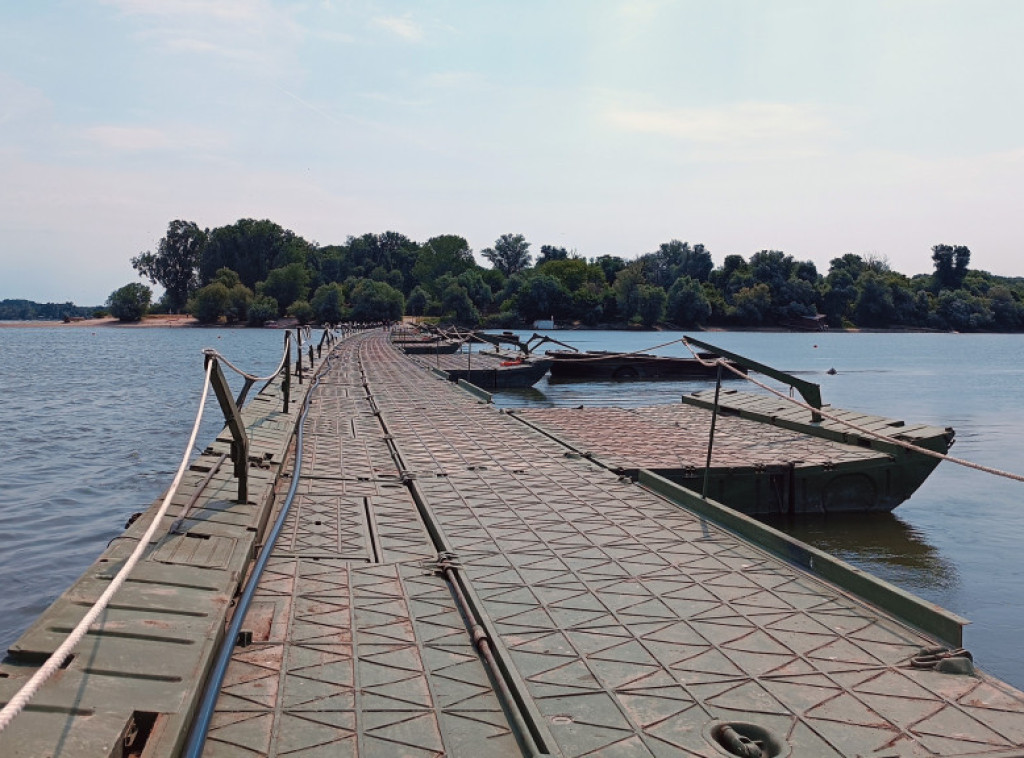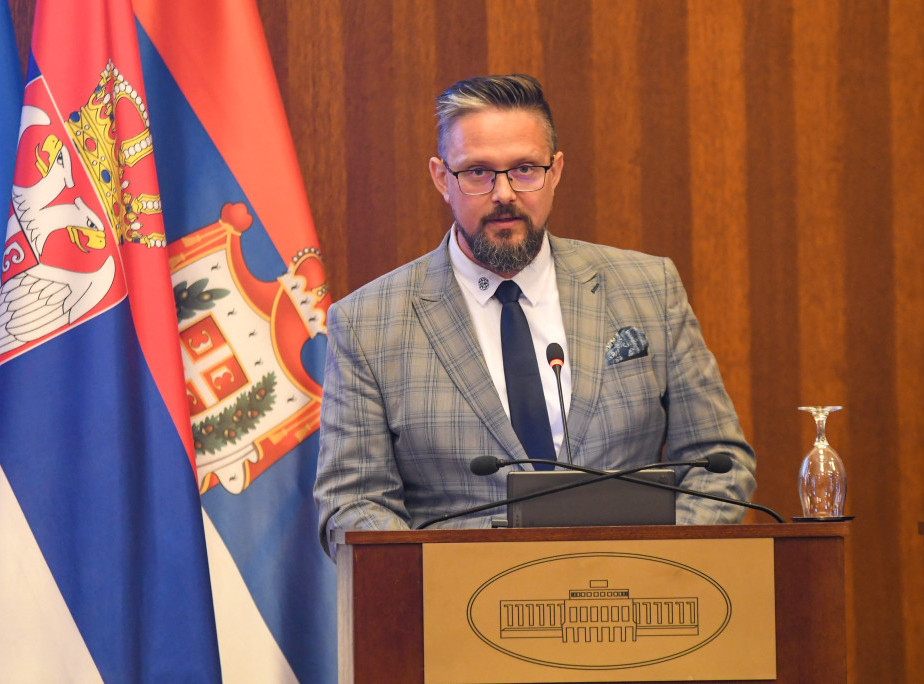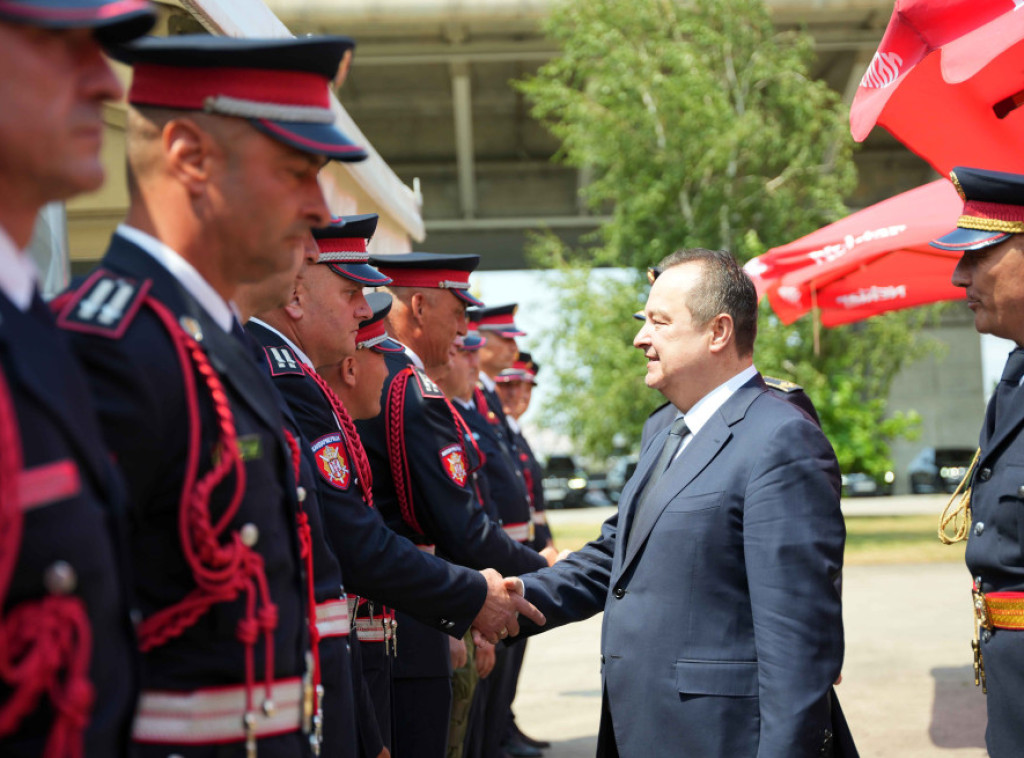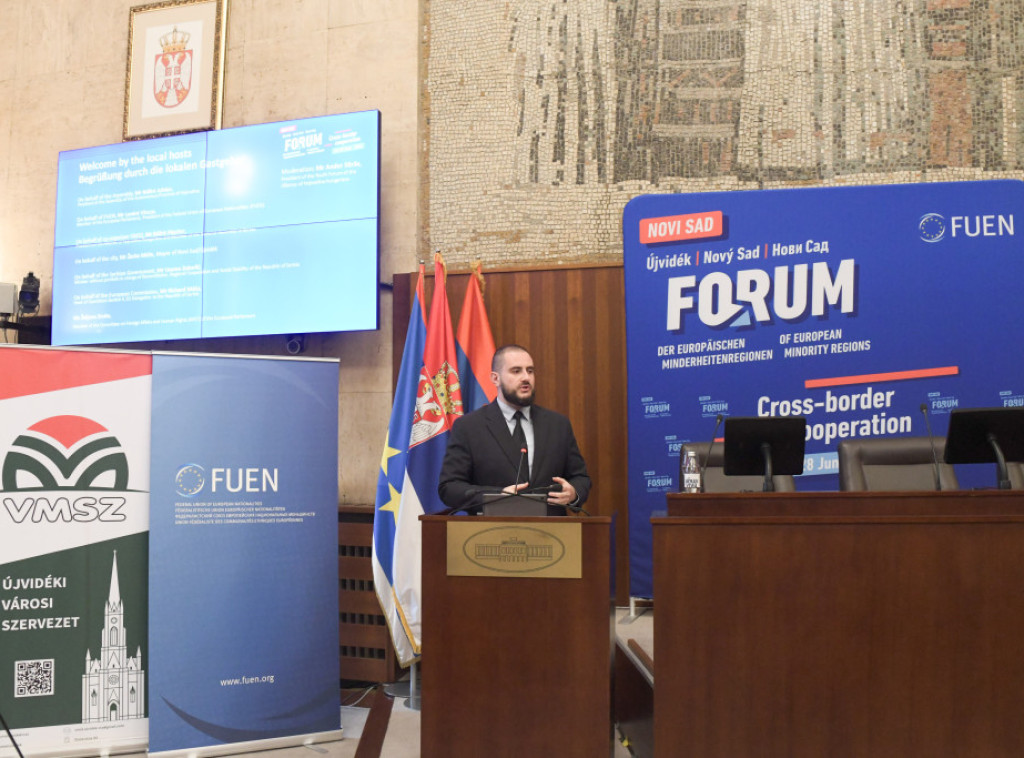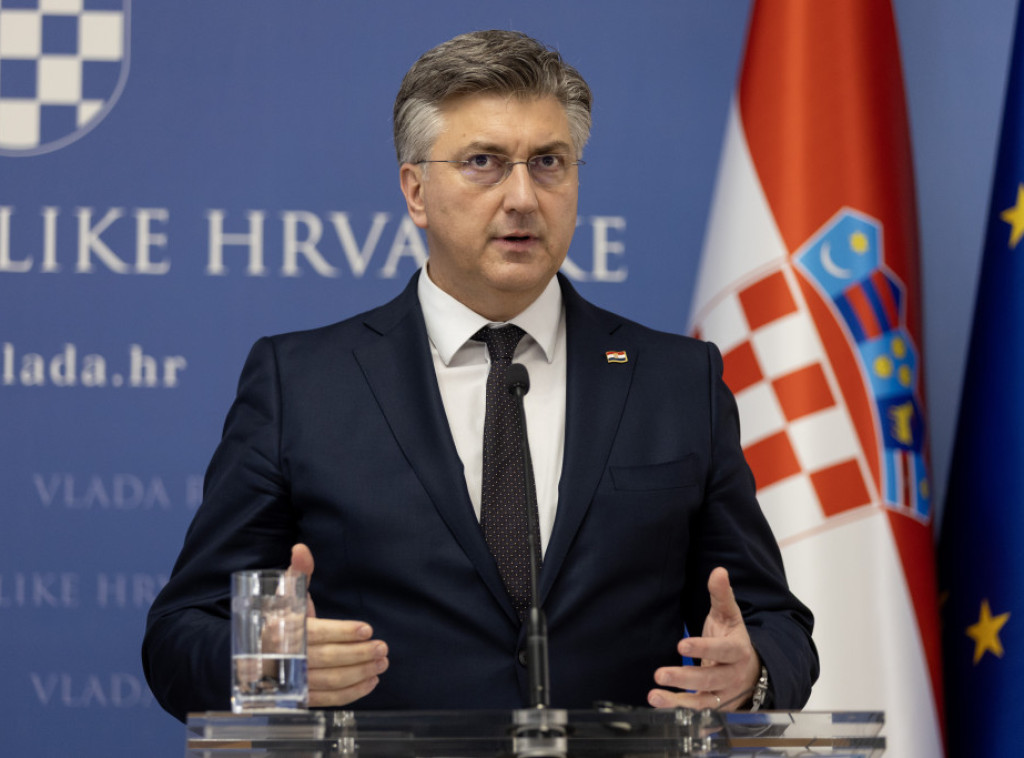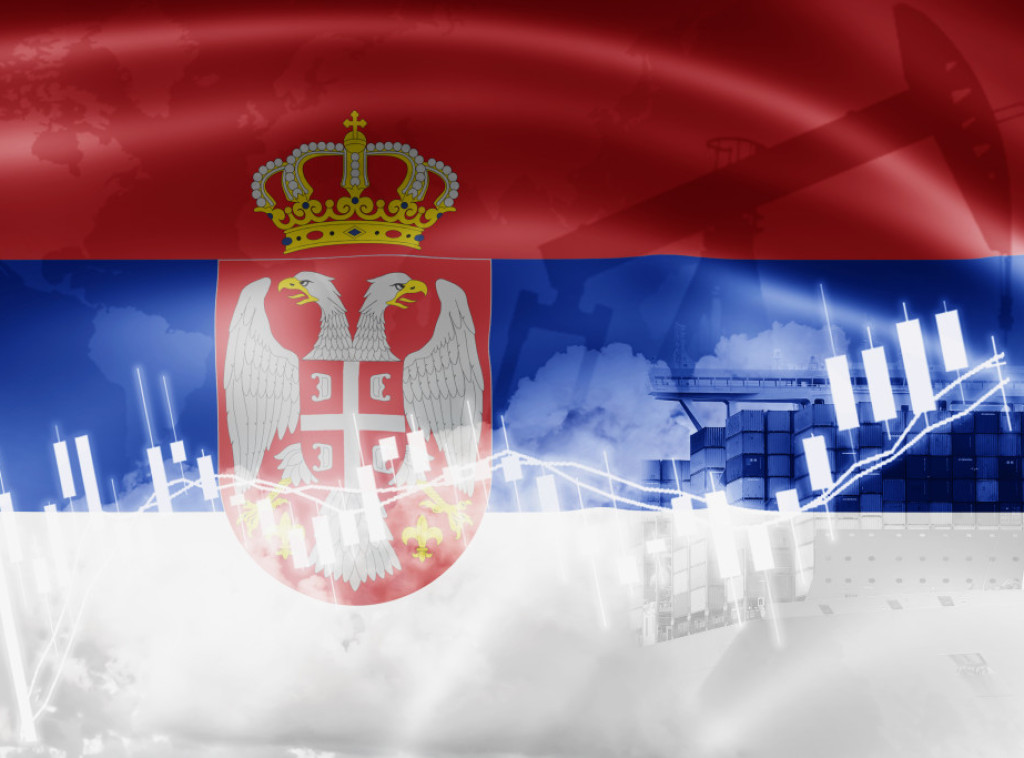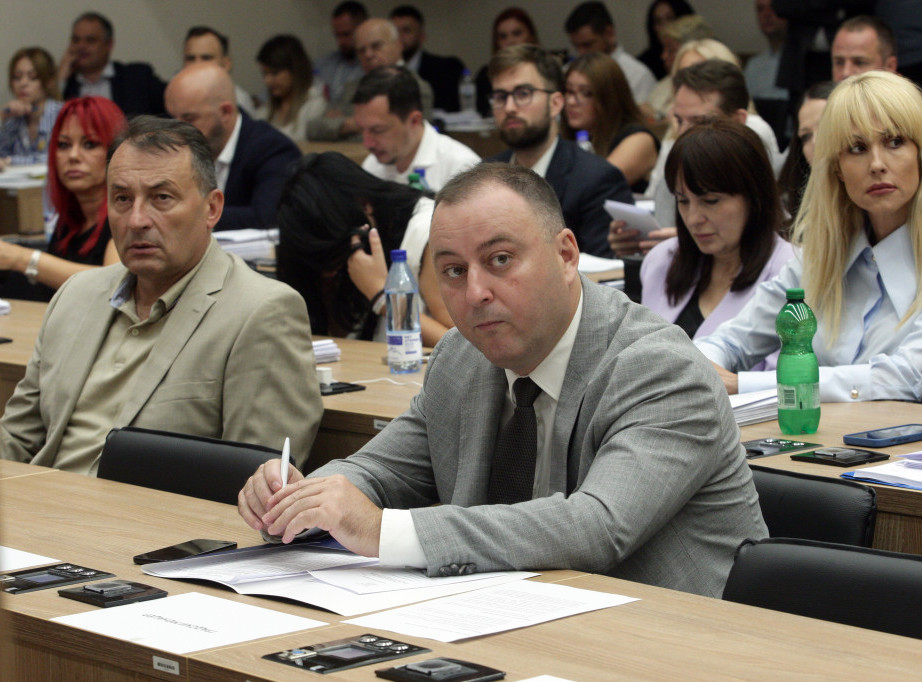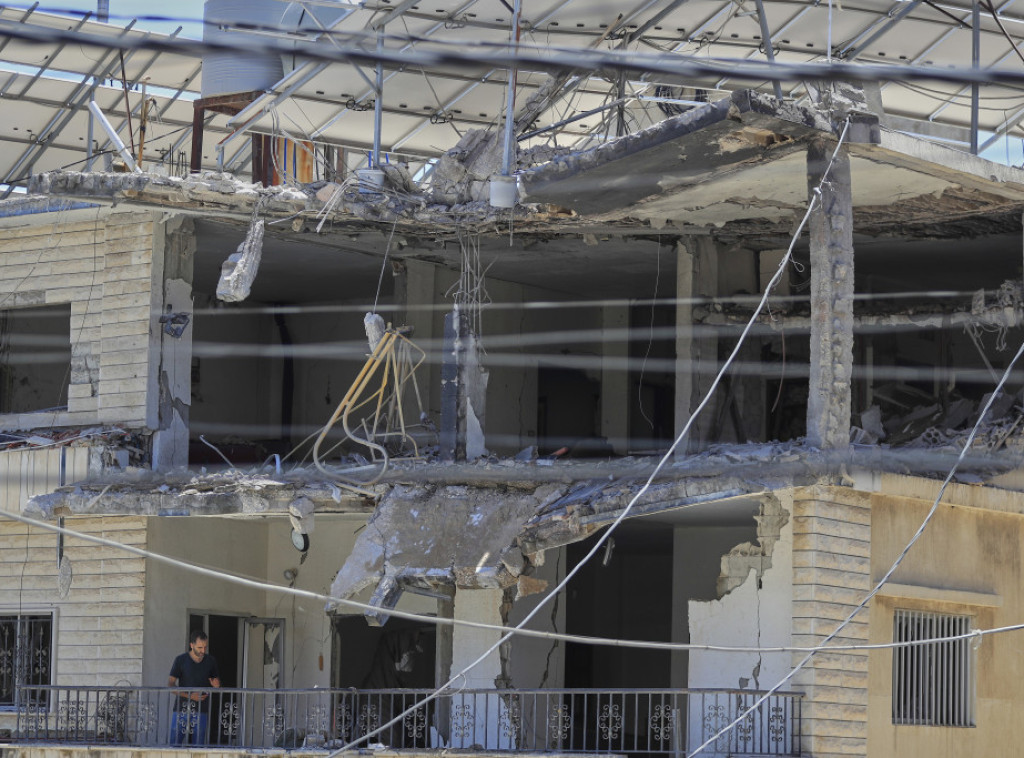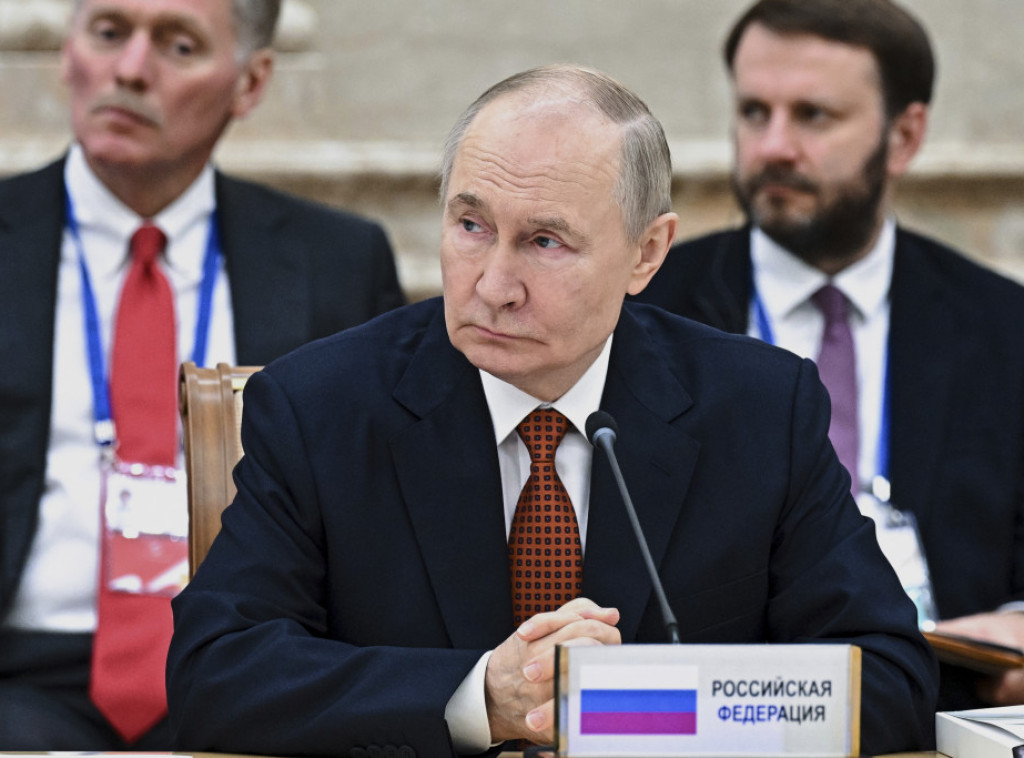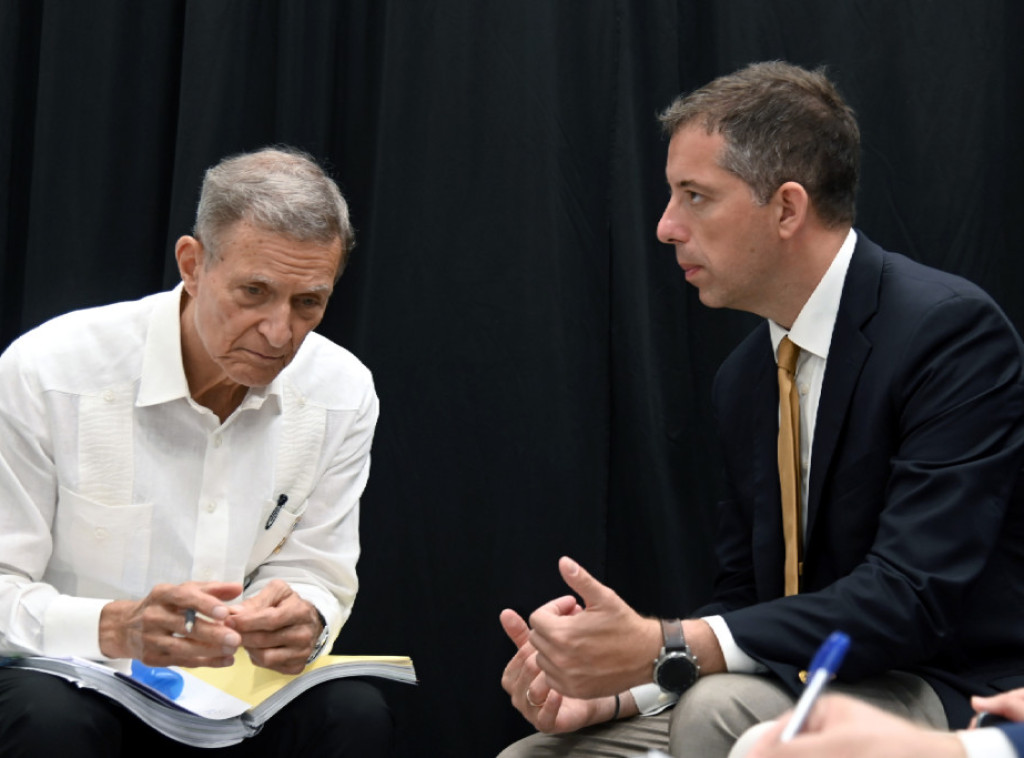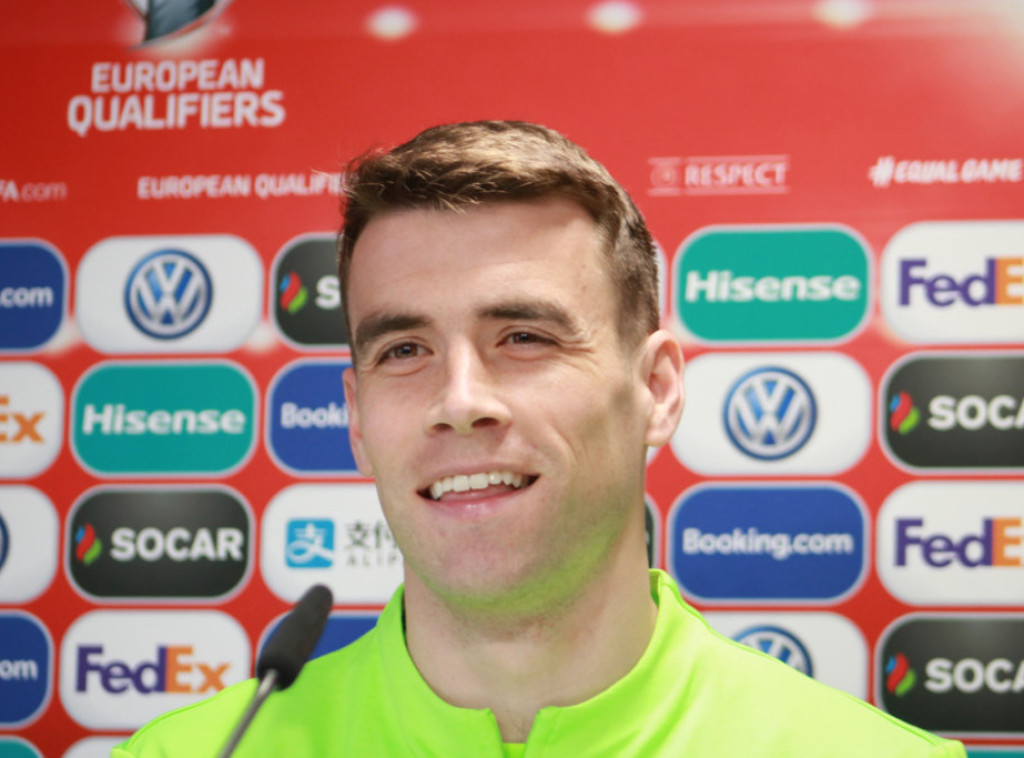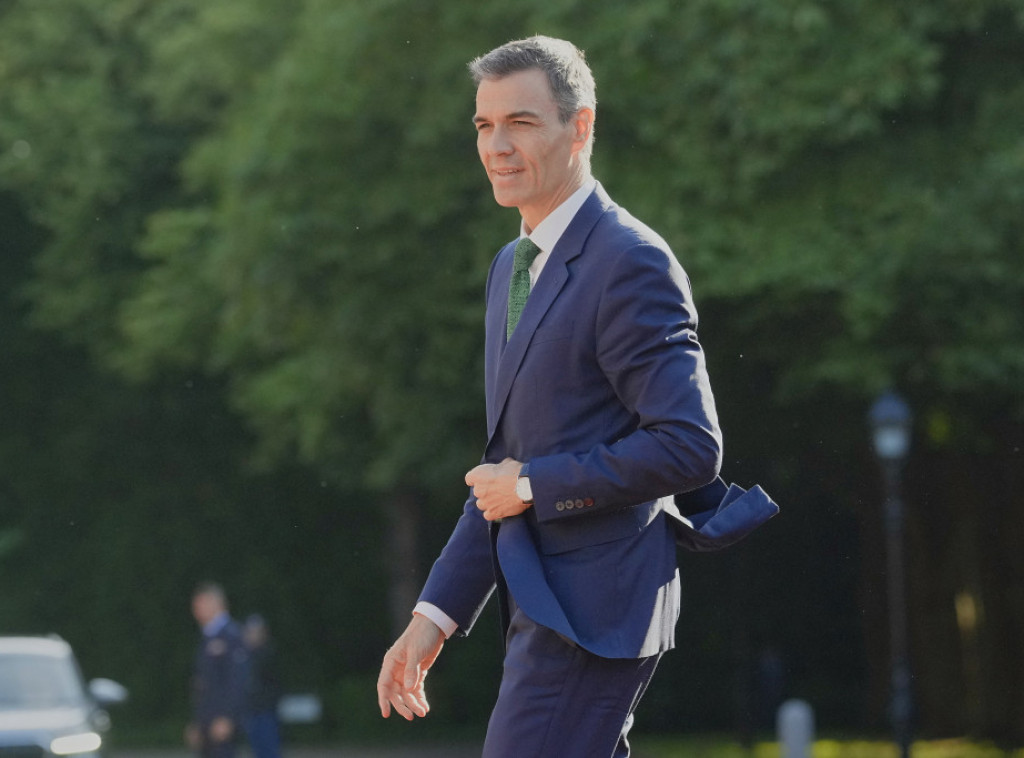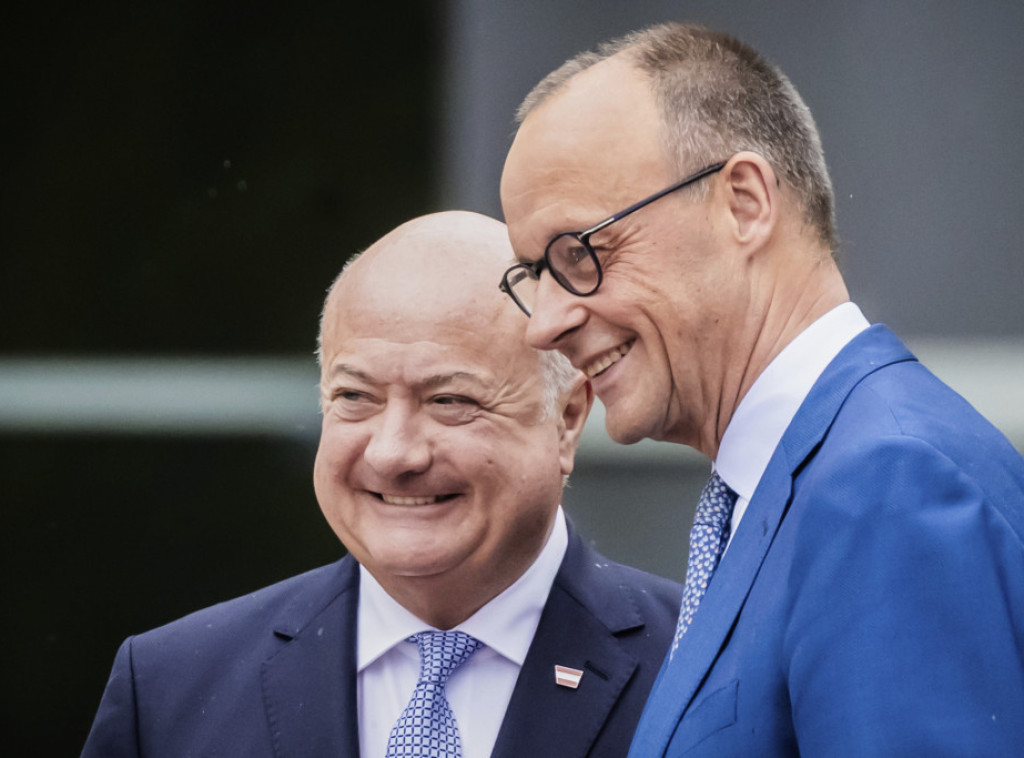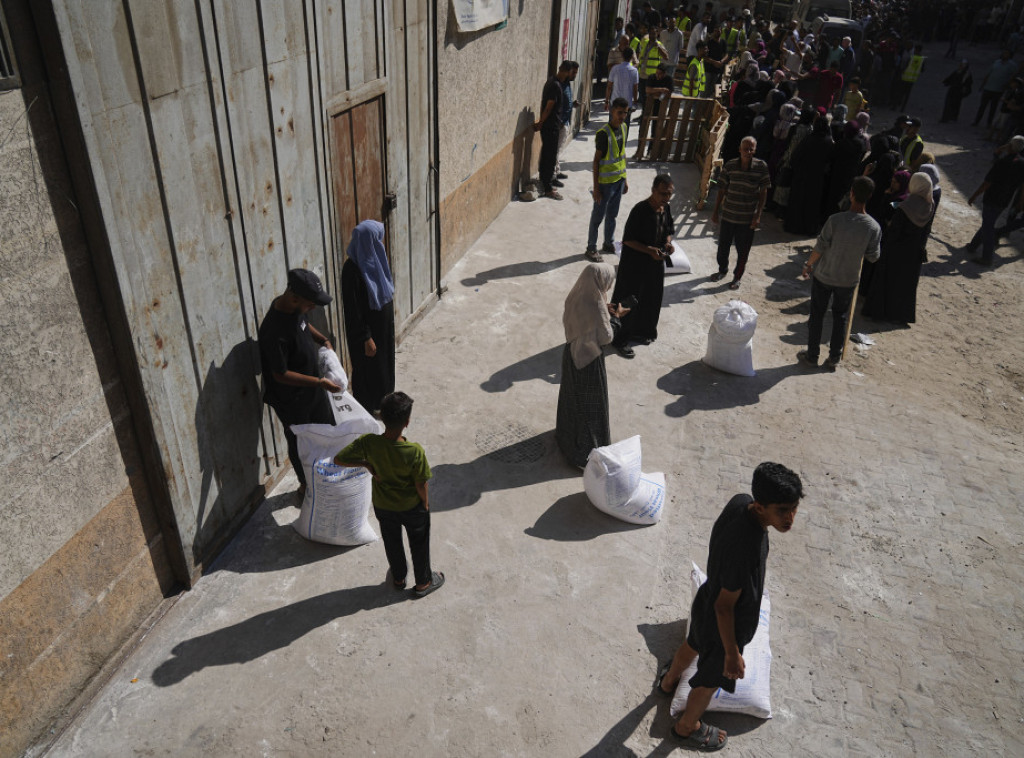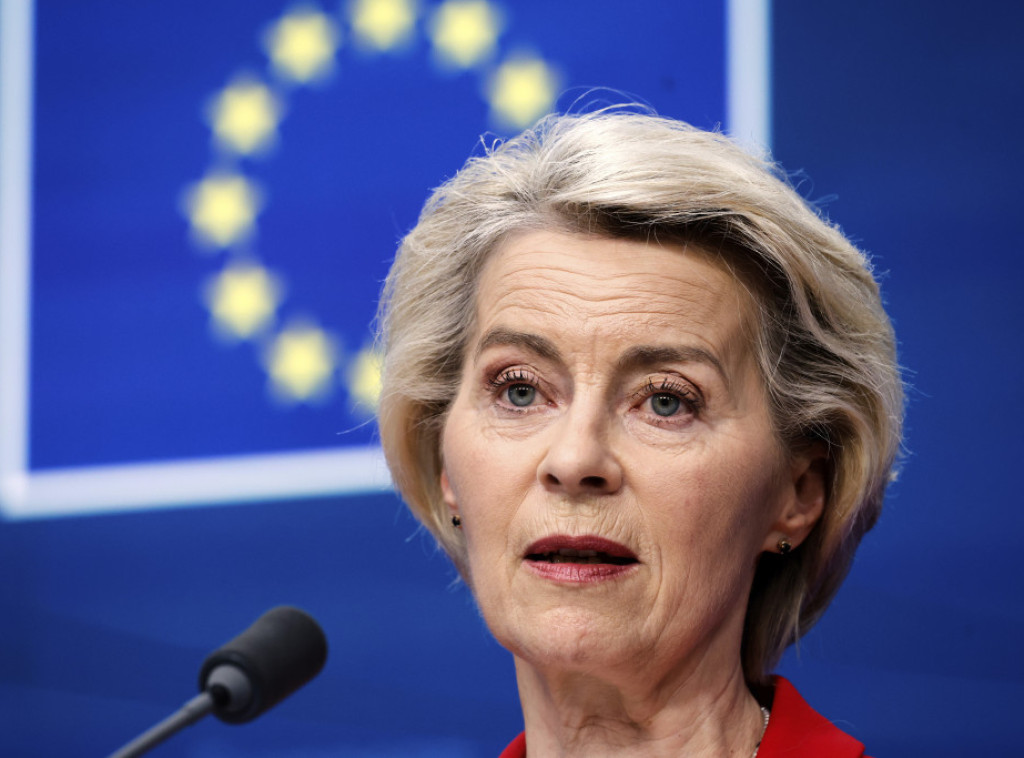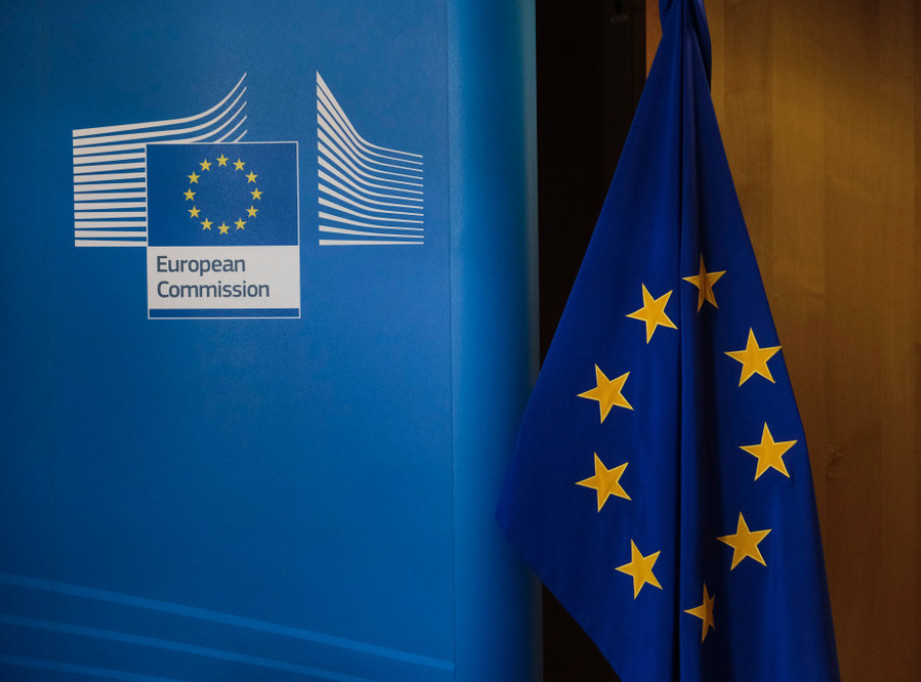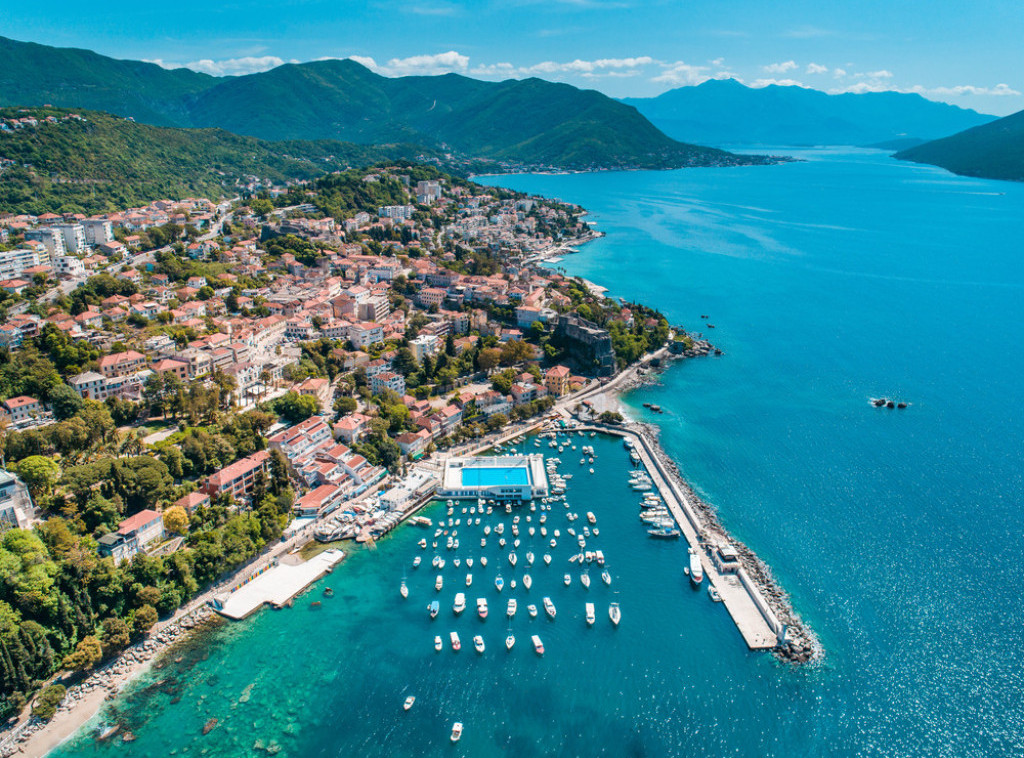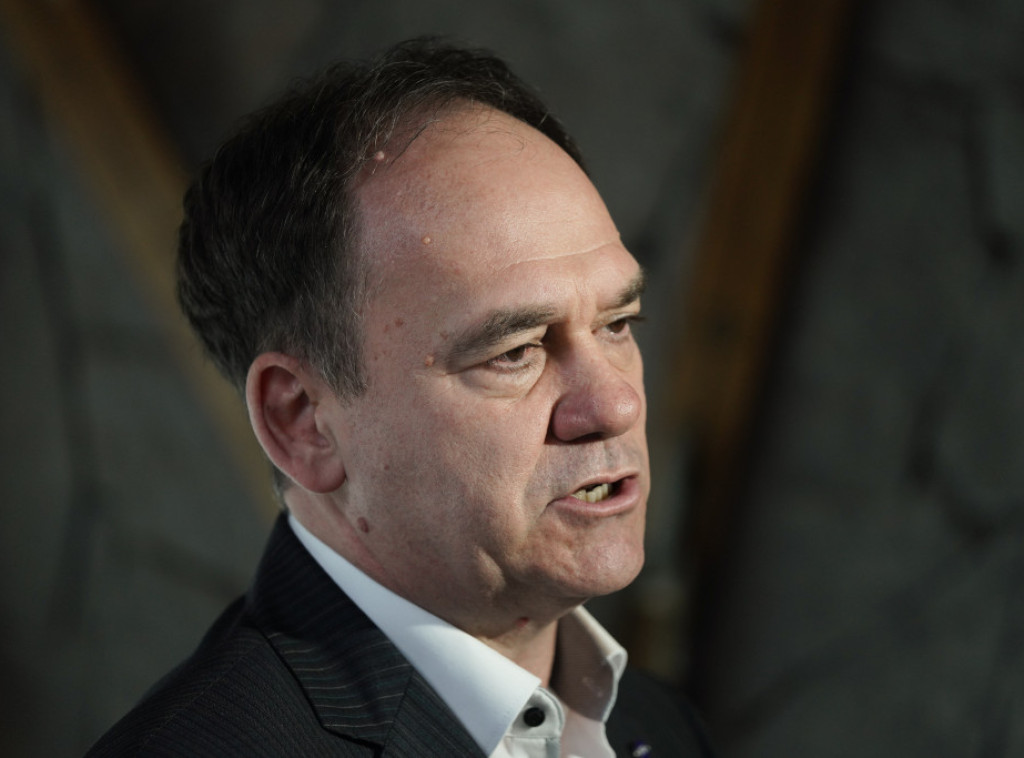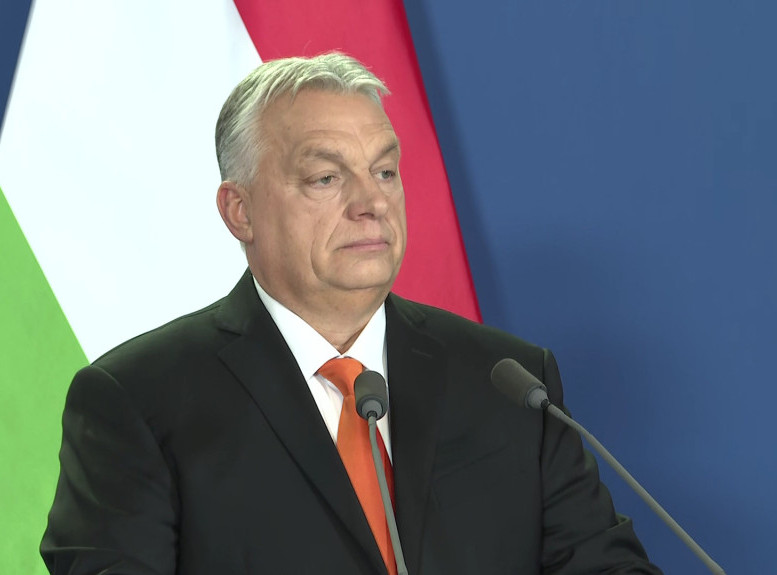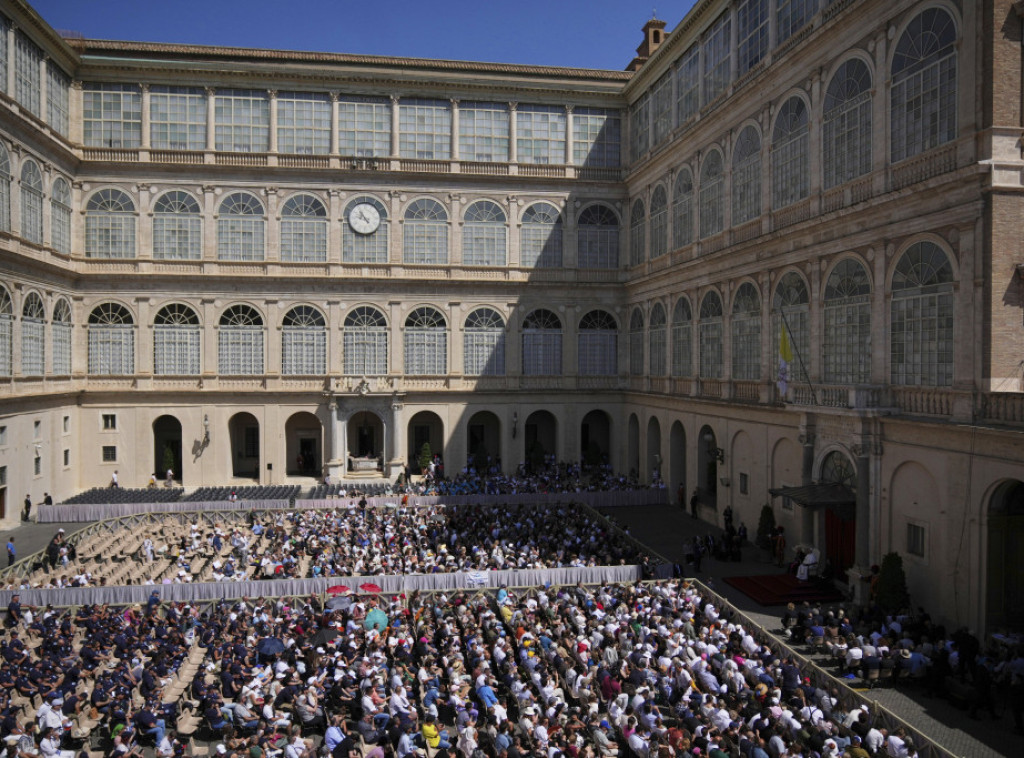Israel and Iran clashed in a bloody twelve-day war that shook the Middle East and the world. Israeli Defense Minister Israel Katz ordered the military to prepare a plan to implement measures against Iran after Israeli air forces bombed Iranian nuclear facilities on June 13. Iran responded with rocket attacks on Israeli cities, and the conflict ended with a ceasefire on June 25, brokered by U.S. President Donald Trump. During the conflict, at least 28 Israelis and dozens of Iranians were killed, with hundreds injured on both sides.
Iran’s Supreme Leader Ayatollah Ali Khamenei declared victory over Israel and the U.S., emphasizing the unity of the Iranian people. However, Israel admitted it attempted to assassinate Khamenei but lacked the operational opportunity. Iranian authorities launched a wave of arrests and executions of those suspected of collaborating with Israeli intelligence, including three people executed during the conflict and three more immediately after the ceasefire. Hundreds have been detained on espionage charges, with state TV broadcasting alleged confessions.
U.S. President Donald Trump stated he would consider re-bombing Iranian nuclear sites if necessary but believes Iran is currently incapable of producing nuclear weapons. Trump praised the cooperation between Israel and Iran during the conflict, noting both sides are exhausted and now thinking about the future rather than nuclear arms.
Experts highlight that Israel holds a significantly stronger military position and has the capacity to continue bombings, while Iran is in a weaker state, especially after losing key military leaders and damage to its nuclear program. Regional powers like Saudi Arabia and the UAE have increased their combat readiness, while the humanitarian situation in Gaza has dramatically worsened due to border closures and Israeli attacks.
This conflict is not just a local war but part of a broader geopolitical game where the U.S., Israel, and their allies seek to limit Iran’s influence and nuclear potential, while Iran tries to preserve its regime and regional power. Until a lasting solution is found, the Middle East remains on the edge of a new, even more dangerous conflict.
So, what do you think? Is this just the start of a new cold war, or will things calm down? Drop a comment and let’s see who’s for peace and who’s ready for more fireworks in the Middle East!





